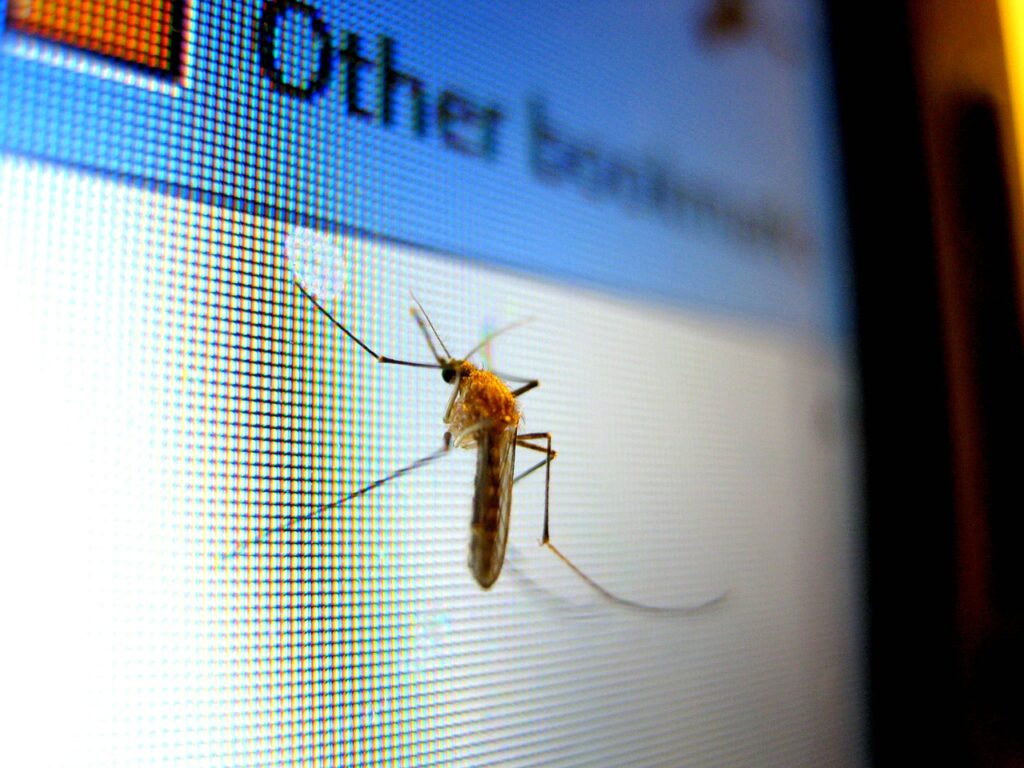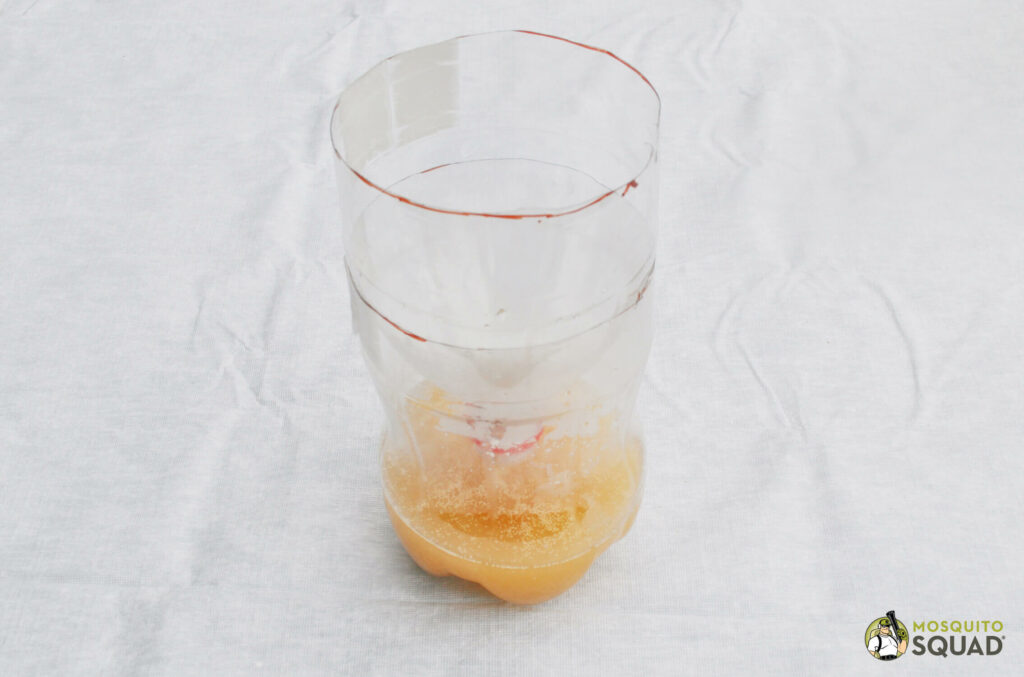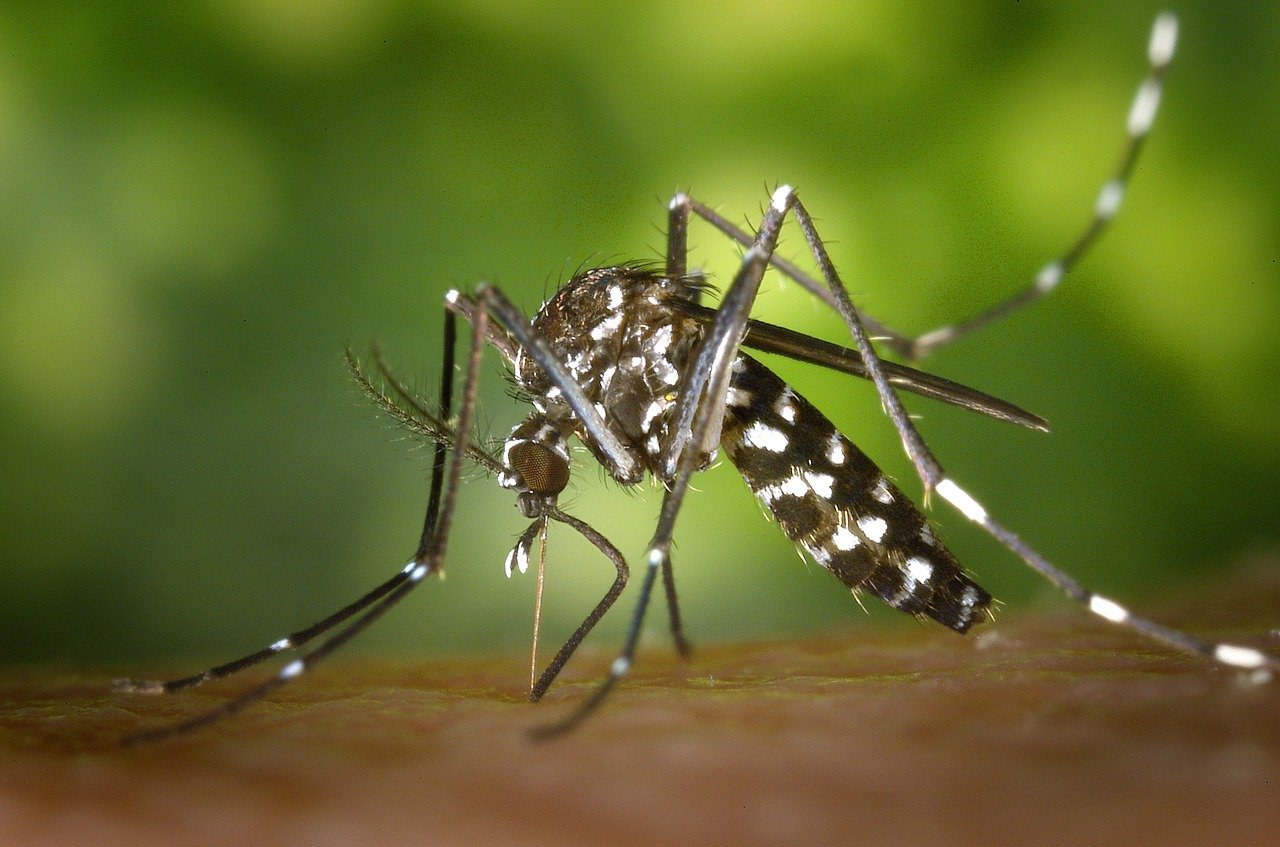Bug zappers are some of the most common pest control devices out there. When properties get infested with flies, wasps, and other flying pests, bug zappers are the first insect traps that spring to mind. But what about mosquitoes? Do bug zappers work against mosquitoes as well?
How bug zappers work
Bug zappers are pest control traps that look like metal cages. They emit UV light and electrocute all the insects that are unfortunate enough to get into the traps.
The idea is that insects are attracted to the UV light. They will fly towards the UV light, go through the metal cages, and get electrocuted and killed inside. Many bug zappers also have some kind of container to collect all their victims in a single area.
Homeowners can just place the bug zappers outside or on areas with high pest activity, leave them there overnight, and collect the container filled with their victims the next day.
It sounds simple enough. But here’s the bad news – bug zappers are not effective against mosquitoes. They are not even good pest control traps in general.

Why bug zappers are ineffective against mosquitoes
If you are considering buying bug zappers to get rid of the mosquitoes on your property, think again. They are not very effective, not just against mosquitoes, but on pest control in general. Even experts agree.
1. Bug zappers attract different kinds of bugs
Bug zappers are not specifically designed to attract mosquitoes. In fact, they are not even designed to attract a particular kind of pest. They are just there, hanging outdoors and waiting for an unfortunate victim. Sure, they can still kill off flies, wasps, and mosquitoes from time to time. But they can also kill off beneficial insects like honeybees and moths. Bug zappers can also kill off prey species, starving and reducing the populations in the natural ecosystem around your home.
2. Mosquitoes are not necessarily attracted to bug zappers
Mosquitoes are not attracted to light. They actually hate the light because it can dehydrate and kill them. This is one of the reasons why mosquitoes are more active during nighttime. They only use the light to help them navigate while they are flying, but the light they use is from the moon and stars, not the artificial light from bug zappers. Sure, mosquitoes can confuse the artificial light from bug zappers with natural light, and they may end up getting killed in the traps, but you should not bet on this.
3. Bug zappers are not effective pest control traps in general
Bug zappers kill off everything that is unfortunate enough to get inside their metal cages. Everything is fair game, whether they are annoying pests like mosquitoes or beneficial insects like honeybees. It’s actually surprising that many homeowners still use bug zappers. Even experts don’t like these ineffective pest control traps. For instance, the Harvard Health Blog has said that bug zappers may even increase mosquito populations as they kill off the insects that may prey on the bloodsuckers.
4. Bug zappers can indirectly make you more vulnerable to mosquitoes
Bug zappers can “attract” mosquitoes who are confusing their light as natural light for navigation. This can indirectly make you more vulnerable to mosquitoes and their bites. This is especially true if you are staying in an area near the bug zappers. The bug zappers will attract the mosquitoes, but the mosquitoes will stay for you – their prey.
5. There are more effective mosquito traps you can try
There are better traps out there that are much more effective against mosquitoes. The best thing about these traps is that they don’t really harm other insects, especially the beneficial ones. And you can build them yourself at home using very accessible materials. One of the most effective among these traps is the soda bottle trap. In this trap, you cut open a soda bottle and put in brown sugar, hot water, and yeast. Then invert the other half of the soda bottle to create a funnel. Mosquitoes will be attracted to the mixture and get trapped inside the soda bottle.

Other ways to get rid of mosquitoes
Traps are not the only way to get rid of mosquitoes. Here are other effective ways to eliminate mosquito infestations.
1. Keep your surroundings clean
This may seem like obvious advice, but you will be surprised how many homeowners become negligent of their surroundings. Mosquitoes thrive in dark and humid areas, and there are plenty of these areas in and out of your home. Their favorite areas are those with stagnant water, such as gutters, old tires with rainwater, and even swimming pools.
2. Use mosquito sprays
Generally, mosquito sprays work by spraying potential nesting grounds and closing all passageways to prevent the mosquitoes from escaping the chemicals. But make sure to follow the instructions in the labels. If you don’t, they may prove to be dangerous and ineffective. Also, remember that they have potentially harmful ingredients, so be careful in spraying them around, especially if you have children and pets on the property.
3. Make yourself unattractive to mosquitoes
Even if you mosquito-proof your home, you will never know when a mosquito or two can go through your defenses. Your last line of defense is yourself. Make yourself unattractive to mosquitoes. You can apply lotions with DEET, cover as much skin as you can, and avoid the scents that attract mosquitoes like perfumes and sweat.
Bug zappers don’t work against mosquitoes
Bug zappers are fairly common pest control traps. But even experts are baffled why such ineffective traps are still popular. These traps are not just ineffective against pests like mosquitoes. They may also end up killing off beneficial insects that may ruin the ecosystem in your general vicinity.
If you really want to get rid of mosquitoes, there are better ways than using bug zappers. Keep your surroundings clean, and be particularly wary of stagnant water. Use insecticides. And most of all, protect yourself from these dangerous bloodsuckers by applying repellents, avoiding attractors, and covering up your skin.

